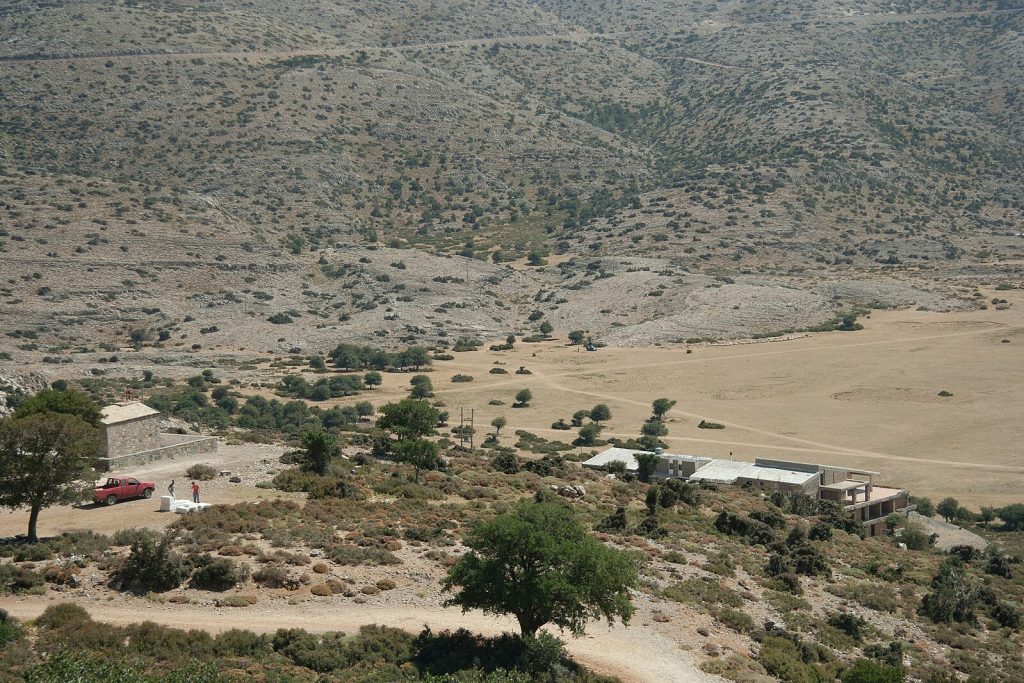Year 1: Boobs, The Wind, Baseball, Lederhosen, Eels, Monkeys, and Doves
Year 2: Hotel Lobby Oysters, Condoms, Spinning Around and Around, 街・町, The Town and Its Uncertain Wall, A Short Piece on the Elephant that Crushes Heineken Cans
Year 3: “The Town and Its Uncertain Wall” – Words and Weirs, The Library, Old Dreams, Saying Goodbye, Lastly
Year 4: More Drawers, Phone Calls, Metaphors, Eight-year-olds, dude, Ushikawa, Last Line
Year 5: Jurassic Sapporo, Gerry Mulligan, All Growns Up, Dance, Mountain Climbing
Year 6: Sex With Fat Women, Coffee With the Colonel, The Librarian, Old Man, Watermelons
Year 7: Warmth, Rebirth, Wasteland, Hard-ons, Seventeen, Embrace
Year 8: Pigeon, Edits, Magazines, Awkwardness, Back Issues
Year 9: Water, Snæfellsnes, Cannonball, Distant Drumming
Year 10: Vermonters, Wandering and Belonging, Peter Cat, Sushi Counter, Murakami Fucks First
Year 11: Embers, Escape, Window Seats, The End of the World
Year 12: Distant Drums, Exhaustion, Kiss, Lack of Pretense, Rotemburo
Year 13: Murakami Preparedness, Pacing Norwegian Wood, Character Studies and Murakami’s Financial Situation, Mental Retreat, Writing is Hard
Year 14: Prostitutes and Novelists, Villa Tre Colli and Norwegian Wood, Surge of Death, On the Road to Meta, Unbelievable
Year 15: Baseball on TV, Kindness, Murakami in the Asahi Shimbun – 日記から – 1982, The Mythology of 1981, Winning and Losing
Year 16: The Closet Massacre, Booze Bus

Nida Plateau, Crete – via Wikimedia Commons
Murakami Fest 2023 Week 3!
The chapter we’re looking at this week is “A Small Hotel in a Small Village on Crete” (クレタ島の小さな村と小さなホテル).
This is a very short five-page chapter with the Murakamis having a quick overnight at an unnamed small town on Crete with one hotel, two restaurants, and one supermarket. This is a great example of how economical Murakami can be when he wants to be. The chapter is six pages and is made up of a handful of anecdotes loosely tied together and cleanly penned.
Murakami notes that the hotel has a library of books in dozens of languages that have been abandoned by travelers. He picks up a copy of Honkytonk Gelato: Travels Through Texas by Stephen Brook, which he pans by calling it “a boring book with an interesting title” (題材が面白くて内容のつまらない本) (265).
The town is so small that there are no locks on the doors, and the door actually opens and closes with the wind, making noise and generating a bizarre dream about Beethoven. After dinner, which includes more delicious local wine, a group of local kids asks him to show them kung fu, which he dutifully performs for them based on his viewings of Bruce Lee.
He then ends the chapter with this great little anecdote, which I think will be familiar to anyone who’s lived in a foreign country where the rules for throwing out garbage are different from their home country:
The next day we waited for the bus to Rethimno while eating lunch at Ioannis Taverna. In the seat next to me, a solo Englishman who looked like a tired, aged David Bowie (so basically, David Bowie these days) ate a gross looking bowl of beef stew atop which floated a thick covering of grease. We had just wine and salad. The bus came, so I paid the bill, quietly placed a worn out pair of Nikes that I’d been unsuccessfully trying to throw out for a week (for some reason, whenever I tried, someone brought them back to me) under the table in a paper bag, and got on the bus. The bus drove off. Finally, I had managed to throw them out. However, it was no good. Ioannis went out of his way to stop the bus. “Kyrios (you), you forgot this. There were my worn out Nike jogging shoes. They clung to me stubbornly like a small mistake I’d made in the past that no one would forget. “Thanks,” I said and took the paper bag.
What else could I have said?
Thus we left the small mountain town in Crete. That town we’d likely never visit again.
When we got to Rethimno, I of course pretended not to notice that I’d shoved the bag with my Nikes under my seat. But I still worried the whole night. That someone would knock on my hotel room door with my shoes. That they’d say, “Kyrios, you forgot this.” But of course no one did. That took long enough.
翌日、イヤニスのタヴェルナで昼食を食べながらレシムノン行きのバスを待つ。隣のテーブルではデヴィッド・ボウイが疲れて年老いたような(要するに最近のデヴィッド・ボウイのような)顔つきの一人旅のイギリス人が、脂がべっとりと浮いた牛肉の煮込みをいかにも不味そうに食べている。我々はワインとサラダだけを食べる。バスが来たので僕は勘定を払い、一週間から捨てようと思いつつ果たせなかったぼろぼろのナイキ・シューズを(僕がそれを捨てるたびに、どういうわけか誰かが届けてくれるのだ)紙袋にくるんでそっとテーブルの下に置き、バスに乗り込む。バスが発車する。やれやれ、やっと捨てることができた。しかし駄目だ。イヤニスがわざわざバスを呼び止めている。「キリオス(あんた)、これ忘れてる」僕のぼろぼろのナイキ・ジョギング・シューズ。それは誰も忘れてくれないちょっとした過去の過ちのように、僕にしつこくまつわりついている。「ありがとう」と僕は言って、その紙包みを受け取る。
他になんて言えばいいのだ?
そのようにして我々はそのクレタ島の山あいの小さな村をあとにした。もうこの先二度と訪れないであろうその村を。
レシムノンに着いたとき、もちろん僕はそしらぬ顔をしてバスの座席の下にナイキ・シューズの包みをつっこんでいった。でも夜が明けるまで僕はずっと心配だった。誰かがホテルの部屋のドアをノックして、その靴を届けにくるじゃないかと。「キリオス、忘れ物のだ」と。でももちろん誰も来なかった。やれやれ。 (268-269)
I just recently bought a new pair of shoes here in Japan. I wear size 13, but strangely enough, this corresponds to 30.5 cm, and there are no half sizes here, so I will occasionally end up buying size 14 shoes. This last time I did, I was relieved that the store took my old pair for me. I don’t think it hurt that I’d bought the last pair from the same store. I definitely worried about leaving the shoes in the trash only to find them sitting by the side of my apartment when I returned home from work. Osaka is forgiving about trash, but I did see two bags marked with “We were unable to collect this” stamps the other day for the first time.
I’m sure Murakami struggled because this was the countryside. Funny to see how universal these things are.
